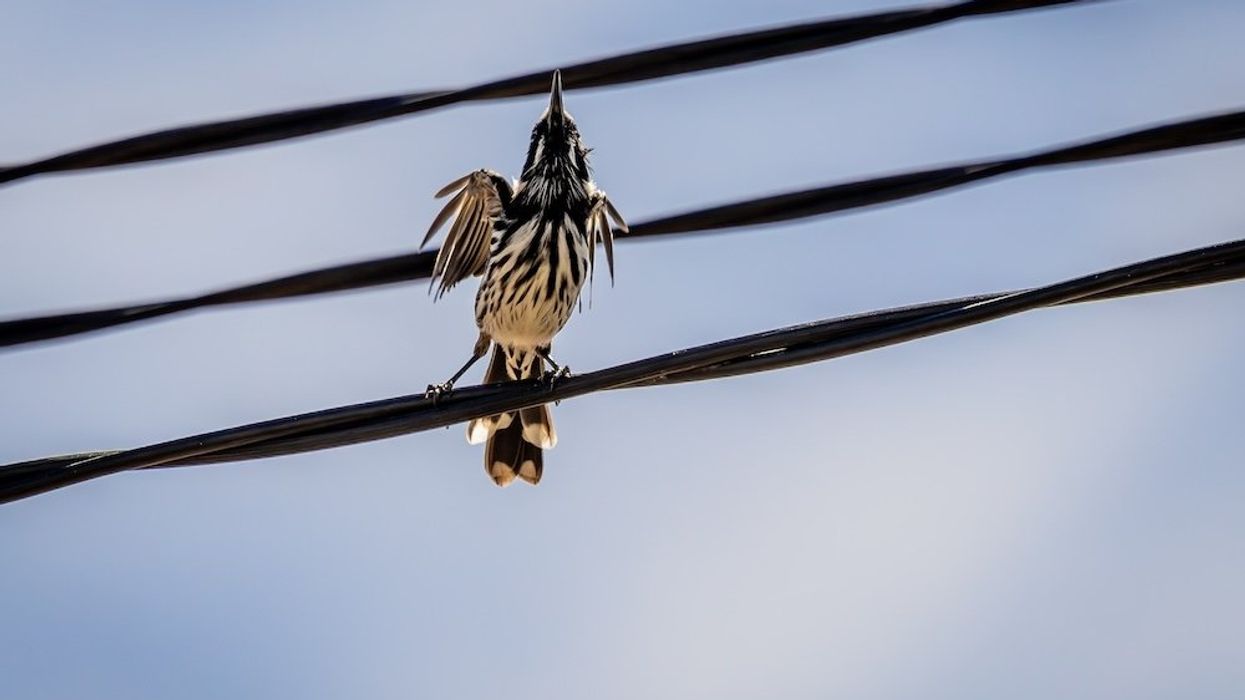'Really violent': 'Exploding' bird deaths plague Bay Area town


In Richmond, California, there have been increasing reports of dead birds found with injuries — including some that reportedly exploded in mid-air.
The Guardian reported Wednesday that Richmond residents have seen roughly 50 questionable bird deaths in recent months, which began after security camera footage captured a bird falling off of a power line after a loud popping sound was heard. Utility company Pacific Gas & Electric (PG&E) gathered two deceased birds — a European starling and a mourning dove — and submitted them to the California Department of Fish and Wildlife for examination.
State officials found that the two birds had suffered injuries consistent with being shot by a BB gun, a pellet gun and/or a slingshot, though officials still haven't concluded exactly how the birds died.
READ MORE: 'Doesn't have a clue': GOP congressman buries Marjorie Taylor Greene in heated exchange
"The exact cause of the trauma to all of these birds could not be determined," a department spokesperson stated Wednesday.
According to the Guardian, other residents blamed the spate of bird deaths on PG&E's infrastructure. But the company insisted in a statement to the outlet that it was not at fault, citing the lack of electric shock-related deaths in the bird corpses state officials examined.
"We appreciate the concern of our customers in Richmond about the recent series of bird deaths,” PG&E spokesperson Tamar Sarkissian told the Guardian. “PG&E does not believe that there was an issue with our electrical equipment and agrees that these birds were not electrocuted.”
However, local resident Maximilian Bolling was not convinced, telling ABC 7 that he witnessed birds "explode" after landing on power lines.
READ MORE: 'Rip the plane apart': Trump's hopes of flying in Qatar's royal jet just hit a major snag
“So when they land and it happens, they just quickly explode and it’s really violent,” Bolling said. “It’s very traumatic, super traumatic to see this.”
Click here to read the Guardian's full article.